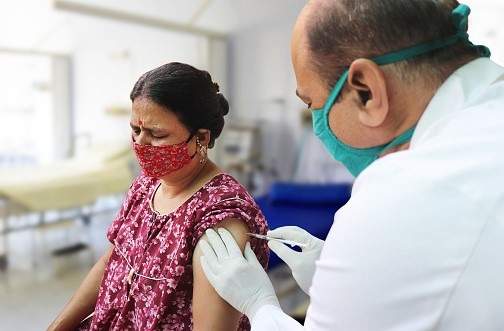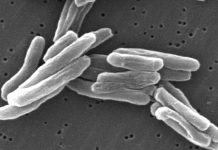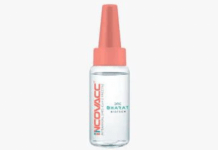India has exported more than 17 crore of Covid vaccine doses to 96 countries despite 5 lac deaths of its citizens, most of which were unvaccinated
After a colossal failure to prevent the predictable pandemic, mismanagement of subsequent lockdowns, and near collapse of the medical system, India is finally visioning some hope for the future. Global demands for Indian manufactured vaccines have far exceeded expectations.
To date, the country has exported around 17.04 crore doses either as a grant or on a commercial basis as a part of trade diplomatic agreements to more than 96 countries and UN agencies globally.
According to the data available with the Union Ministry of External Affairs (MEA), India exported 11.46 crore Covid vaccine doses on a commercial basis, 4.15 crore doses as a part of COVAX agreements, and 1.42 crore doses as a grant till March 28.
Preferred Vaccines of India and Its Data
Among the ‘Made in India’ vaccines that have a hold in the global market, Covishield, made by the Pune-based Serum Institute of India, in association with AstraZeneca and the University of Oxford, makes up for nearly two-thirds (66.63%) of the total supplies.
In the last 15 months, India has exported nearly 11.35 crore doses of Covishield across 92 countries, including UN health workers and peacekeepers. Out of the above, 6.67 crore doses were exported commercially, 4.15 as a part of the COVAX arrangement, and 1.12 crore doses as a grant.
Europe’s Nuvaxovid, labeled as Covovax manufactured by Serum Institute of India at the second position makes up for 29.82% of the total exports. 5.08 crore doses of Covovax were exported to three countries: Netherlands, New Zealand, and Australia, on commercial bases during the November-March period. The Netherlands got a major share of 3.54 crore doses via exports.
Covaxin, a wholly indigenous vaccine developed by Hyderabad-based Bharat Biotech accounted for 59.1 lakh doses and has been exported to eight countries in the world. Approximately 29.75 lakh doses were shipped as a grant and 29.35 lakh doses on a commercial basis.
Why is the World in Support of India-made Vaccines?
The recent report by the Institute for competitiveness titled ‘India’s Covid-19 Vaccination Administration Journey’ noted that India was a strong contender for Covid vaccines due to its low-cost vaccine development capabilities along with its capacity to export large-scale consignments.
It further stated that the ability to produce life-saving vaccines at economical rates appeared as a blessing for low-income countries that couldn’t compete with prosperous nations when it came to acquiring vaccines.
Thanking for the role India played in supplying covid vaccines at the time of its urgent need, on January 22, 2021, the Brazilian President Jair Bolsonaro tweeted a picture of Hanuman carrying vaccines from India to Brazil atop the mountain with slogans like ‘Dhanyawaad Bharat’ and ‘Obrigado, India.’ This supply was a part of India’s ‘Vaccine Maitri’ initiative to donate vaccines worldwide.
Covaxin stopped production by WHO
However, just five months after WHO finally accepted India’s Biotech firm’s COVID vaccine, named Covaxin, it has called for an immediate halt to further production of the vaccines. WHO stated that an inspection of the facilities of Bharat Biotech International Ltd revealed deficiencies in the good manufacturing practices. Bharat Biotech responded by halting the production of the vaccines as an interim and precautionary measure. Production is said to restart after approval by the Drugs Controller General of India and WHO. India, as well as other countries dependent on the vaccine, can expect an undefined long pause till supply resumes.
During the second wave, the government’s vaccine policies were criticized as being not in the best interests of its citizens. With an official death toll of 5.2 lacs and unofficially crossing over ten times the figure, critics have questioned why the government prioritized sending vaccines abroad while its own citizens were deprived of easy access during the peak waves.
Currently citizens have to wait 9 months for their third or booster shot because of shortage of supply, and not due to medical reasons for increased efficiency.









